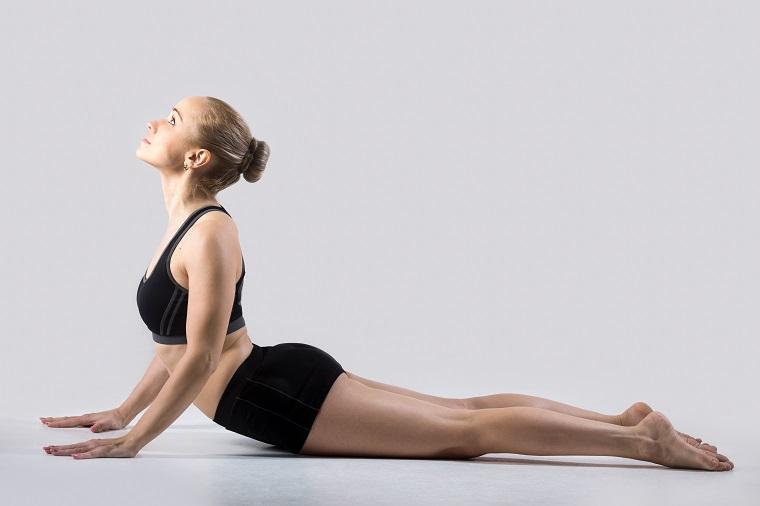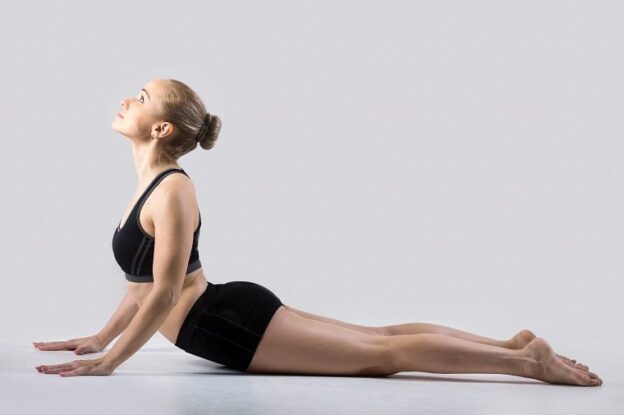Recovery and Rehabilitation After Neurosurgery: Tips for Patients and Caregivers
Recovery and Rehabilitation After Neurosurgery: Tips for Patients and Caregivers
Introduction: Undergoing neurosurgery is a significant event that requires careful attention to the recovery and rehabilitation process. This blog post aims to provide valuable insights and tips for patients and caregivers on navigating the journey after neurosurgery. We will also highlight the expertise of Dr. Rao, a leading neurosurgeon in India, and his hospital, renowned for its excellence in neurosurgical care.
Watch More On YouTube .
I. Understanding the Recovery Process:
- Postoperative Care:
- The importance of following medical instructions and taking prescribed medications.
- Managing pain, discomfort, and potential side effects of surgery.
- Monitoring for signs of complications and seeking prompt medical attention.
- Physical Healing and Rest:
- Allowing the body to heal by getting sufficient rest and sleep.
- Gradually increasing activity levels under medical guidance.
- Practicing proper wound care to minimize the risk of infection.
II. Rehabilitation and Rehabilitation:
Rehabilitation Programs:
After neurosurgery, rehabilitation plays a vital role in helping patients regain physical and cognitive functions. Collaborating with a multidisciplinary team of healthcare professionals, including physical therapists, occupational therapists, and speech therapists, can significantly aid in the recovery process. These professionals specialize in different aspects of rehabilitation and work together to design personalized programs based on individual needs.
- Physical Therapy: Physical therapists focus on restoring mobility, strength, and coordination. They provide exercises and techniques to improve muscle function, balance, and range of motion. For example, a patient recovering from spinal surgery might engage in therapeutic exercises to strengthen the back muscles, improve posture, and regain walking ability.
- Occupational Therapy: Occupational therapists assist patients in relearning daily activities such as self-care, work, and leisure tasks. They help patients adapt to any physical or cognitive limitations and suggest strategies and modifications to make activities more manageable. For instance, an occupational therapist might provide guidance on adaptive equipment to assist with activities of daily living, such as dressing, grooming, or cooking.
- Speech Therapy: Speech therapists specialize in addressing communication and swallowing difficulties that may arise from neurosurgical procedures. They develop techniques and exercises to improve speech, language, and swallowing functions. Patients recovering from brain surgeries or those experiencing speech and language impairments due to neurological conditions can benefit from speech therapy.
Setting realistic goals and tracking progress throughout the rehabilitation process:
Setting specific and achievable goals is crucial in rehabilitation. Collaborating with healthcare professionals, patients can establish targets that align with their abilities and desired outcomes. For instance, a patient recovering from a stroke might set goals like regaining the ability to speak clearly, independently performing daily tasks, or improving walking speed. Regular evaluations and progress tracking allow adjustments to the rehabilitation plan and provide motivation as patients witness their advancement.
Cognitive and Emotional Support:
Recovering from neurosurgery not only involves physical rehabilitation but also addresses cognitive and emotional well-being.
- Coping with emotional changes and psychological aspects of recovery: Neurosurgery can have emotional implications due to the stress, uncertainty, and potential changes in a patient’s life. It is essential to acknowledge and address these emotions. Healthcare professionals, including psychologists or counselors, can offer support and coping strategies to navigate the emotional journey. Techniques such as relaxation exercises, mindfulness, and psychotherapy can assist patients in managing anxiety, depression, or adjustment difficulties.
- Engaging in cognitive exercises to enhance memory, concentration, and problem-solving skills: Cognitive exercises and activities can help improve cognitive functions affected by neurosurgery. These exercises may involve memory games, puzzles, reading, or computer-based programs specifically designed to enhance cognitive abilities. Patients can work with occupational therapists or neuropsychologists to develop personalized cognitive training programs that target specific areas of concern.
- Seeking counseling or support groups to address emotional challenges: Joining support groups or attending counseling sessions can provide a supportive network where patients and caregivers can share experiences, gain insights, and receive emotional support. Interacting with others who have gone through similar experiences can help reduce feelings of isolation and provide a sense of community.
Recovery and rehabilitation after neurosurgery require a comprehensive approach that addresses both physical and cognitive aspects of healing. Collaborating with a multidisciplinary team of healthcare professionals, patients can participate in tailored rehabilitation programs to regain strength, functionality, and independence. Additionally, addressing emotional well-being through counseling and cognitive exercises can significantly contribute to the overall recovery process. With the support and expertise of professionals like Dr. Rao, patients and caregivers can navigate the rehabilitation journey with confidence and achieve the best possible outcomes.
III. Dr. Rao: A Leading Neurosurgeon: Dr. Mohana Rao Patibandla is a highly regarded neurosurgeon in India, known for his expertise and compassionate care. With extensive experience and a commitment to staying updated with the latest advancements in the field, Dr. Rao has established himself as a trusted professional. Patients under his care benefit from his exceptional surgical skills, individualized treatment plans, and unwavering dedication to their well-being.
IV. Dr. Rao’s Hospital: A Center of Excellence in Neurosurgery: Dr. Rao is associated with a top-tier hospital renowned for its excellence in neurosurgical care. The hospital’s advanced facilities, cutting-edge technology, and skilled medical staff contribute to successful outcomes and patient satisfaction. With a patient-centric approach and a focus on personalized care, the hospital provides comprehensive support throughout the recovery and rehabilitation journey.
V. Tips for Patients and Caregivers:
- Follow Medical Advice:
- Adhere to postoperative instructions, medication schedules, and follow-up appointments.
- Communicate any concerns or changes in symptoms promptly to the medical team.
- Embrace a Healthy Lifestyle:
- Adopt a balanced diet to promote healing and overall well-being.
- Engage in regular physical activity as recommended by healthcare professionals.
- Avoid smoking and limit alcohol consumption for better recovery outcomes.
- Seek Emotional Support:
- Communicate openly with family and friends about your feelings and concerns.
- Consider joining support groups or seeking professional counseling if needed.
- Engage in activities that promote relaxation and stress reduction.
- Practice Patience and Gradual Progression:
- Understand that recovery is a gradual process and may vary for each individual.
- Set realistic goals and celebrate small achievements along the way.
- Trust the guidance of healthcare professionals and be patient with yourself.
Conclusion : Recovering from neurosurgery requires a comprehensive approach encompassing postoperative care, rehabilitation, and support. With the expertise of Dr. Rao, a leading neurosurgeon in India, and the exceptional care provided by his hospital, patients and caregivers can navigate the recovery process with confidence. By following the tips shared in this blog, patients and caregivers can optimize their recovery, regain their quality of life, and find solace in the journey to restoration. Remember to stay connected with your healthcare team and seek their guidance throughout the recovery and rehabilitation journey. With patience, perseverance, and the support of skilled professionals like Dr. Rao, you can achieve a successful recovery and regain your strength and independence.
Disclaimer: The information provided in this blog is for educational purposes only and should not replace professional medical advice. Always consult with your healthcare provider for personalized guidance and recommendations specific to your condition.


